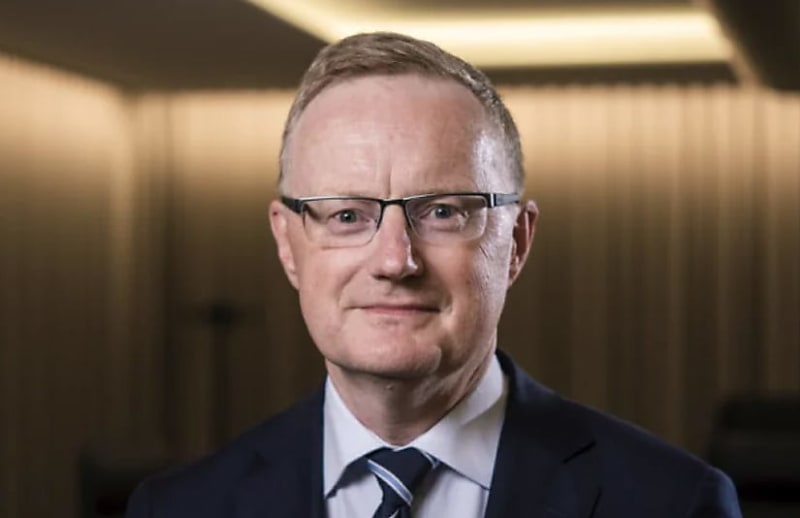RBA governor Philip Lowe will know his future in the coming weeks after Treasurer Jim Chalmers said a decision on his position will come before Parliament returns.
Dr Chalmers refused to confirm or deny whether Dr Lowe will receive a second term in the job, with many of the belief the government will look elsewhere.
You’re out of free articles for this month
The speculation comes after Dr Lowe has been the face of 12 interest rate rises in the past 13 months when he originally declared they would not increase until 2024.
Dr Chalmers said whoever was in the role faced a sizable job with the economy forecast to continue to slow in the coming months.
“This is a big job and it's a big call and we’re working through it in the usual methodical and considered way,” Dr Chalmers said on ABC radio.
“I’m in the process right now consulting with my cabinet colleagues and with others as well, I hope to finalise a view in the coming weeks.”
“We do expect the economy to slow considerably over the coming months.”
When asked whether Philip Lowe meets the criteria to be reappointed, the Treasurer played a straight bat.
“I have a very high regard for Phil Lowe and he’s got a difficult job to do and he’s doing it,” he said.
“The Reserve Bank governor needs to be well placed to implement the recommendations of the (RBA) review and to take the reserve bank into the future.”
“This is a big job, it’s a big call. I’m aiming to make an announcement in July, but certainly by the time the parliament returns.”
One of the roles the future RBA governor could be responsible for is to hold a press conference after each monetary board meeting so its decision could be explained, which was one of the recommendations from the review.
After the most recent rate increase, Dr Chalmers also called for greater accountability of the position and challenged the RBA to do more to help Australians struggling with higher rates understand why it had made its decision.
“What I’m acknowledging is that this interest rate rise will put more pressure on people who are already under the pump,” he said at the time.
“It’s for the Reserve Bank and its board in the usual way to explain and defend the decisions that it takes independently but I think out there, in the community, people who are under pressure, will find this decision hard to cop and they will need help understanding it.”
Josh Needs
AUTHOR
Josh Needs is a journalist at Accountants Daily and SMSF Adviser, which are the leading sources of news, strategy, and educational content for professionals in the accounting and SMSF sectors.
Josh studied journalism at the University of NSW and previously wrote news, feature articles and video reviews for Unsealed 4x4, a specialist offroad motoring website. Since joining the Momentum Media Team in 2022, Josh has written for Accountants Daily and SMSF Adviser.
You can email Josh on: This email address is being protected from spambots. You need JavaScript enabled to view it.

 Login
Login







